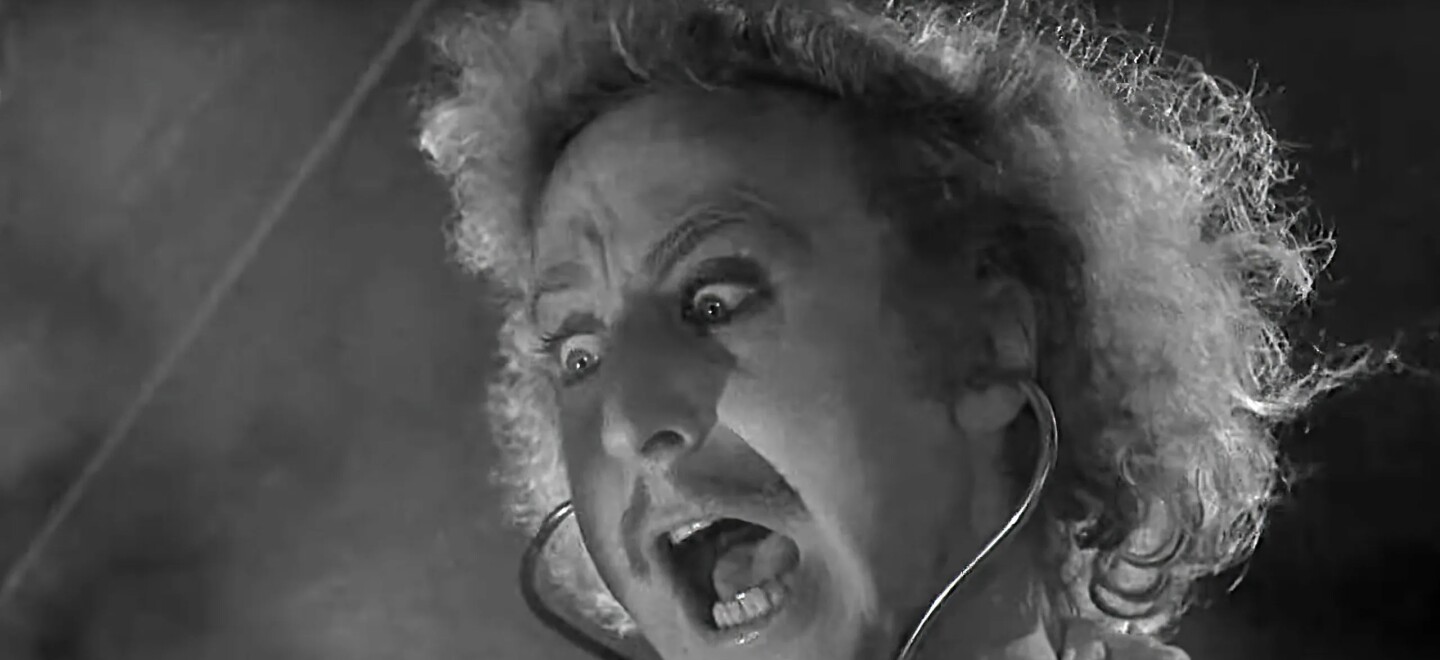The San Diego International Jewish Film Festival (SDIJFF) kicks off tonight at the Garfield Theatre in La Jolla and will run through Feb. 11 with features, documentaries and short films from around the globe.
Last September, when SDIJFF was finalizing its programming for this year’s event, it could not have predicted the ongoing conflict in Gaza that began on Oct. 7, 2023. Festival chair Christina Fink hopes audiences will keep that in mind when looking at the film programming.
"We are very careful with what we present," Fink said. "If there are documentaries or dramas, we try to present honest points of view that will ignite discussion, and then let the patrons take it from there. We are well aware of the fact there's a great variety of points of view in the community. And the trump card is that we are there to get together, have dialog and learn about the world."
The festival has in the past highlighted Arab and Palestinian filmmakers, and always tries to create a space for discussion and even debate. This year one film that strives to create dialog and even provoke action is the documentary "Prophets of Change."
"It's about musicians, both Palestinian and Israelis, who seek to use their music as a voice for peace," Fink explained. "They are diverse, articulate, politically aware, and it goes to show what somebody other than us is trying to do their part on the earth towards good."
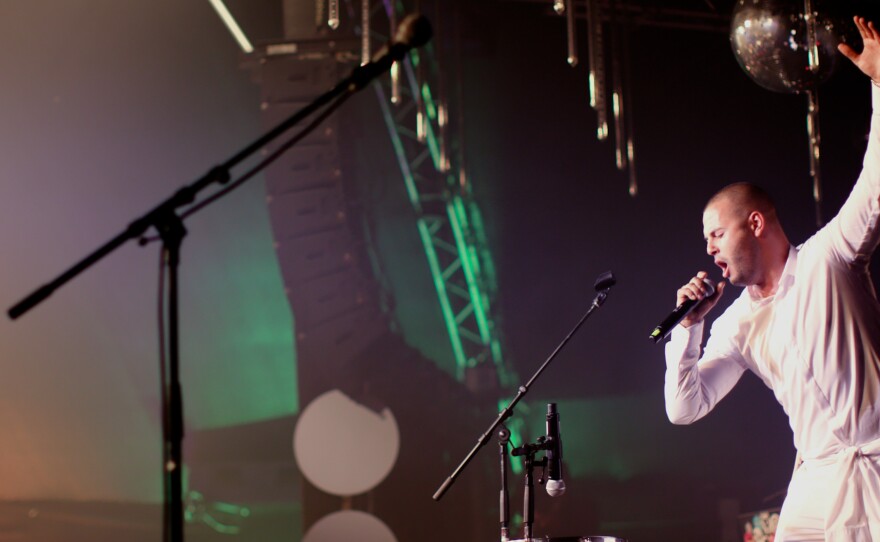
Sameh Zakout is one of the musicians.
"To live in Israel, it's complicated to be an Arab," Zakout said from Tel Aviv. "But to be an artist, an Arab artist, male or female, it's the craziest thing that you can do in your life. It's the highest level of complexity in the world. But I think we are the crazy ones who are eventually trying to fulfill our lives and to achieve goals in our lives. So now I take it as a challenge how life gave me this opportunity to have challenges in my life."
Filmmaker Assaf Ben Shetrit has been working on the documentary for six years.
"It is five stories of Palestinian and Israeli musicians who are activists," Shetrit explains. "It's separate stories, separate genres of music, all told through the eyes of the protagonists themselves, all spanning remarkable human beings who I have nothing but the most utmost respect for and admiration for and have given me back faith and hope because they have a moral compass that is unwavering. And it's remarkable."

Mira Awad is another one of the artists. She described the challenges she faces as an artist who sees herself as Arab, Palestinian and Israeli.
"I always keep saying when I wake up in the morning, I don't feel Palestinian, I do not feel an Israeli. I feel like a human being with bad breath," Awad said from London. "I have developed an obsession about identity and narratives, not in the way that I hold on to it, but an obsession to understand why people have such a need to hold on to identities and narratives. And, yes, people look for the category to place you. They need a category to place you. And if you don't give them the category, they will fight you for that category."
Awad also noted the push back she gets for her peace activism.
"I get these people telling me, 'Haven't you sobered up from this fantasy of peace?' And I'm like, seriously? To sober up from? What is the alternative? What is the alternative to peace? The alternative is exactly what we're seeing right now. This hell upon Earth. This is the alternative to peace. Haven't you finally understood that? We don't have another alternative other than to find a way to live in peace."
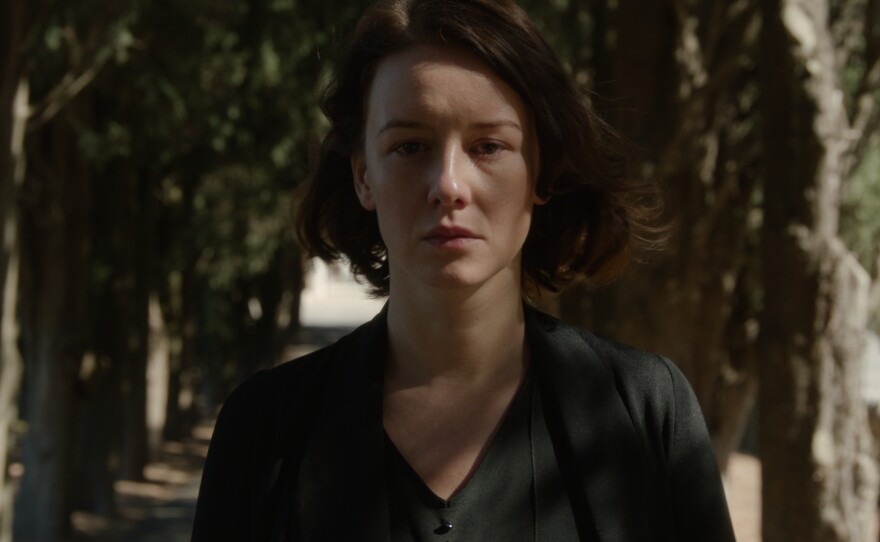
The festival also showcases historical dramas such as Michael Winterbottom's "Shoshana," which tries to add context to current conflicts by focusing on events in the decades leading up to the foundation of Israel in 1948. A context, that like today, is filled with violence.
But there are also films like the documentary "Remembering Gene Wilder" (the first screening is already sold out and the encore screening is filling up fast) that steer clear of current politics and controversy to just celebrate someone who could always make us laugh.
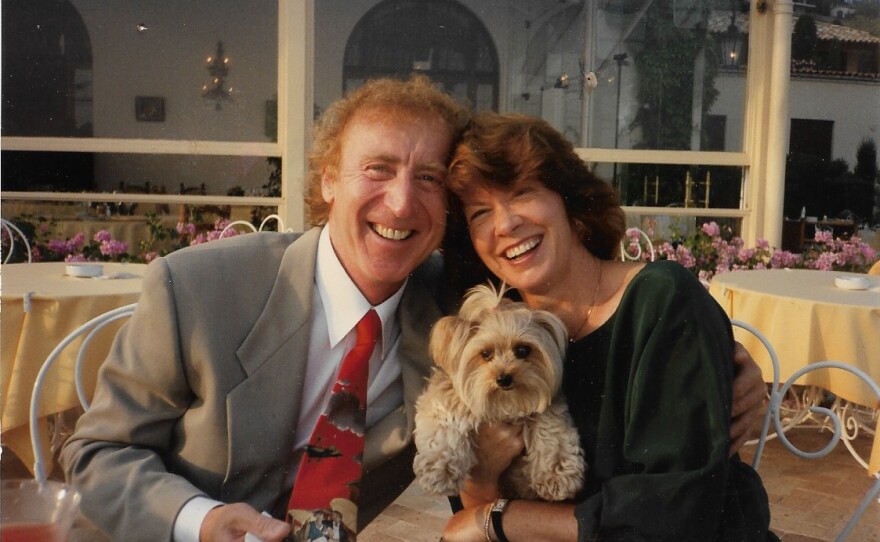
One of the joys of the film is hearing the late Wilder narrate much of his own story. Co-director Glenn Kirschbaum was fortunate to have Wilder's widow Karen Wilder provide the audio from a recording Wilder made of the autobiography he wrote in the 2000s.
"So what was so wonderful about having Gene's voice is that sense of intimacy that you get, as well as you come away from the film feeling that Gene was in the editing room with," Kirschbaum said. "So having his voice, having him tell his story, I think, brings a real sense of, makes it highly personal."
At one point, Wilder recounts that his mother had a heart attack when he was a young boy and the doctor told him to never to contradict his mother or it could kill her. Instead, try to make her laugh. That seemed to drive Wilder's life and career. And we have all benefitted.
The film, co-written and co-directed by Kirschbaum and Ron Frank, contains a lot of joy and highlights how creative Wilder could be on the set. But it also wants to raise awareness about Alzheimer's, which Wilder suffered from. Gene and Karen Wilder used to spend winters in San Diego and the doctor who diagnosed Gene’s Alzheimer’s was Dr. Michael Rafii who works in San Diego.

SDIJFF also has two animated features that recount very personal and remarkable Jewish narratives of the Holocaust. "Charlotte" is the true story of German-Jewish artist Charlotte Salomon, who hid from the Nazis during the Holocaust until she was sent to Auschwitz and killed in 1943. During that time, she created her masterpiece, “Life? or Theater?” that was a collection of paintings she made to tell the story of her life.
"My Father's Secrets" looks at the Holocaust through the eyes of a young boy whose father survived the camps but is unwilling to talk about that past with his children. It is based on Michel Kichka’s autobiographical graphic novel.
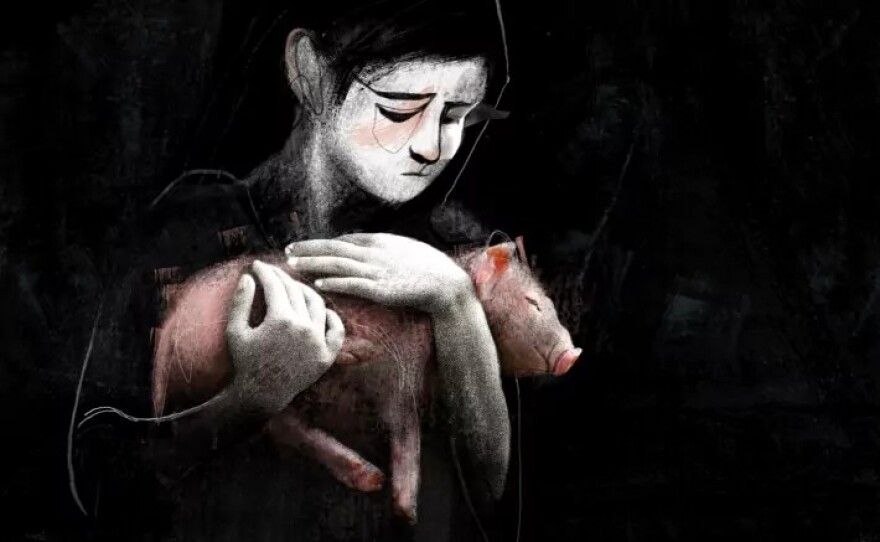
The festival also provides time for short films. On Feb. 5, the Murray Galinson San Diego-Israel Initiative (MGSDII) will be showcasing a trio of Israeli filmmakers: Ido Weisman, Eyal Elisha, and the recently Oscar-nominated Tal Kantor. Kantor’s animated short, "Letter to a Pig," confronts questions of identity, collective trauma, and the extremes of human nature through a styled, emotionally charged story about a Holocaust survivor. "Letter to a Pig" was just nominated for an Academy Award in the animated short film category.
You can sample the diverse offerings of SDIJFF in person through Feb. 11 at the Garfield Theatre in La Jolla, and then online Feb 11 through 18.

